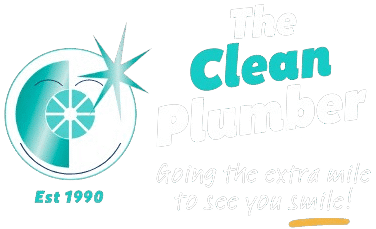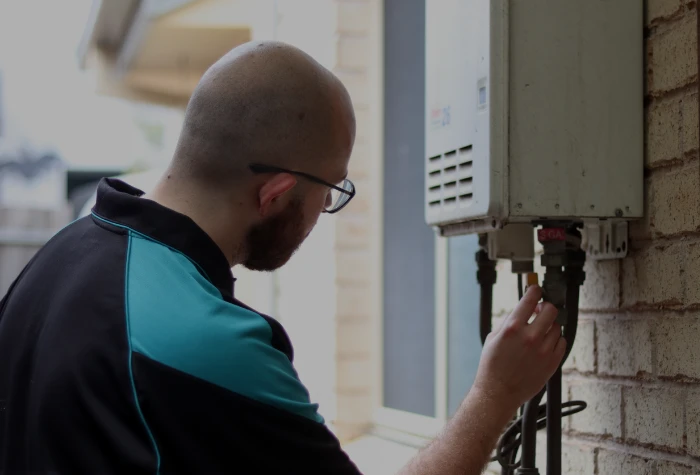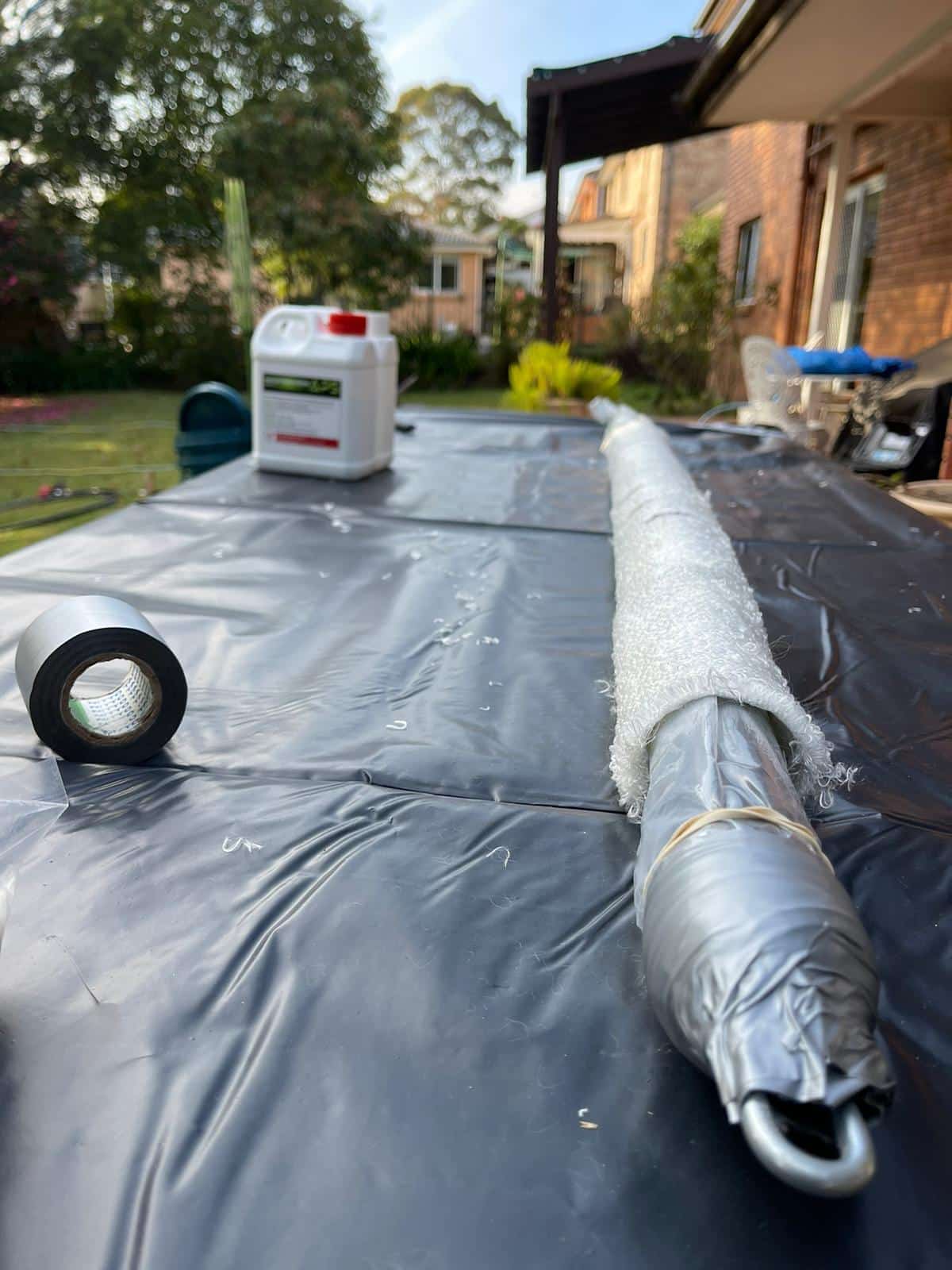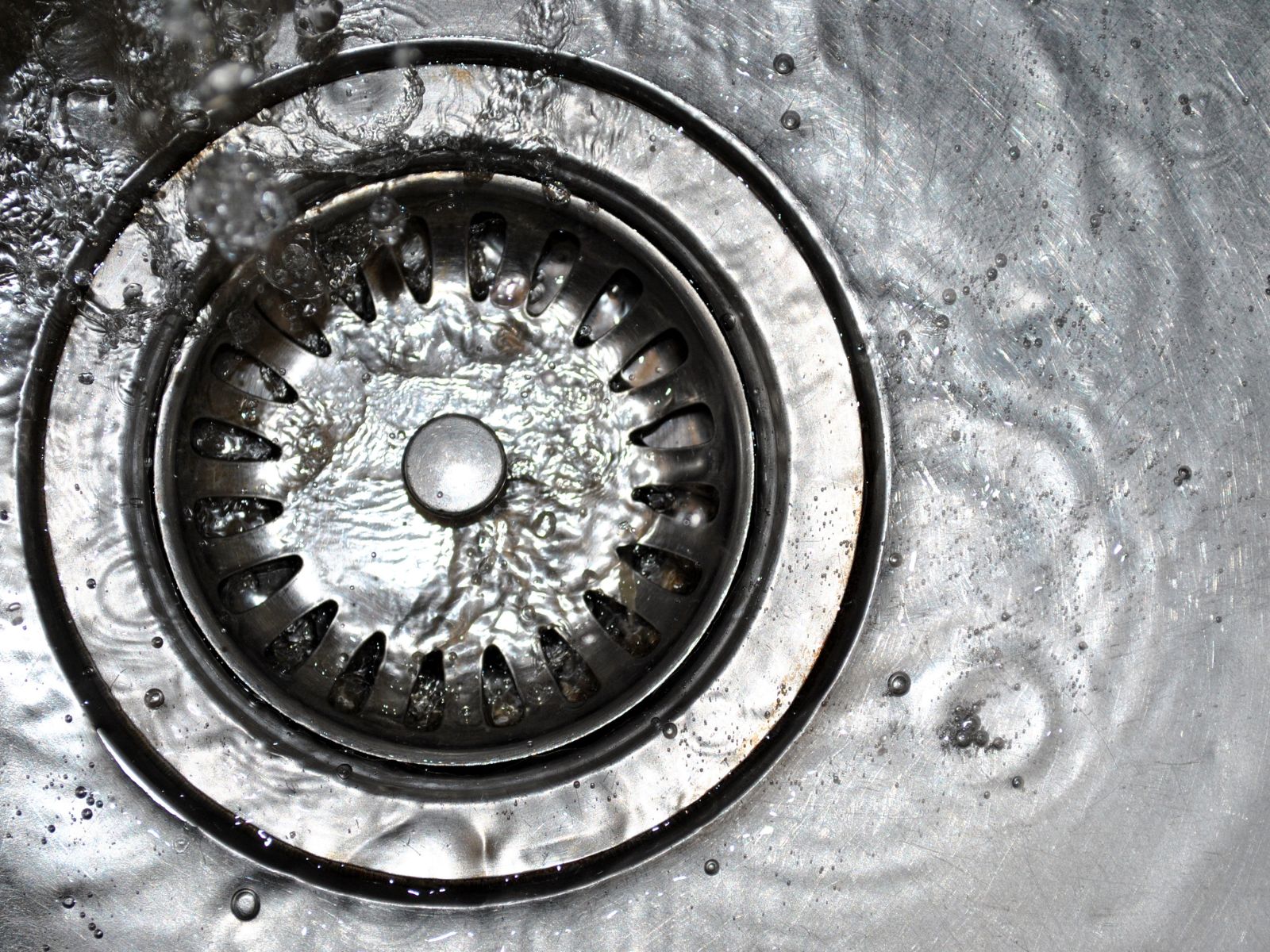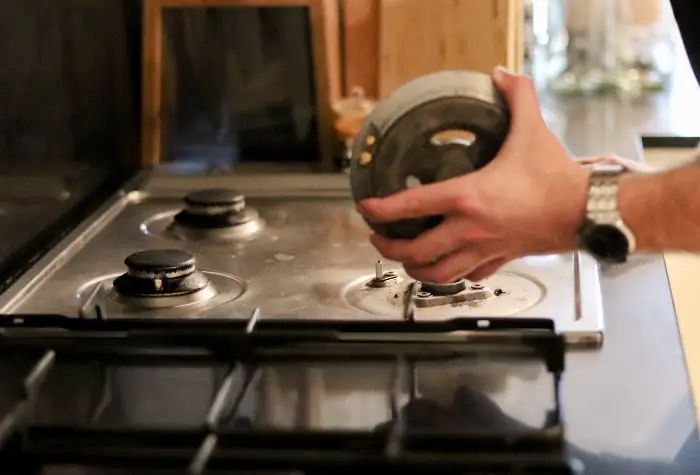A reliable hot water system repairs, along with a reliable water heater and hot water service, is essential in every Australian home, which is often recognized by the hot water service logo. Whether it’s for a warm shower during the chilly winter months, washing the dishes after a meal, or completing laundry loads, we often take our hot water for granted. However, the moment you turn on the tap and are met with nothing but cold water, you’ll quickly realize how important it is to have a functioning hot water system. Before you panic, don’t worry — there are a number of potential causes for a hot water system failure related to plumbing, and many of them can be easily fixed with a bit of troubleshooting, possibly even with a same-day hot water service or by installing a new heater or hot water system.
In this comprehensive guide to hot water system services, we’ll walk you through how to fix hot water system issues in Australian homes with a step-by-step approach. From common signs of trouble to hot water system repairs and hot water specialists, plumbing services, DIY fixes, safety precautions, and understanding when to call in a professional — we’ve got you covered.
Common Signs Your Hot Water System Needs Attention
Hot water systems often display early warning signs before they completely break down. Recognizing these symptoms early can help save time, money, and prevent further damage, allowing for quicker hot water system repairs and fix potential problem .
Here are some of the most common signs that your hot water system repairs may need attention:
No Hot Water at All:
If you turn on the tap and nothing but cold water comes out, it’s likely there’s an issue with the water heater’s power supply, circuit breaker pilot light, or internal components. In some cases, the thermostat might have failed.
Inconsistent Hot Water Temperature:
Water that fluctuates between scalding hot and inconsistent water temperature often indicates a problem with the thermostat, the tempering valve, or the hot water heater. This issue can be particularly frustrating in the middle of a hot shower, potentially leading to cold showers underscoring the importance of considering a new hot water system.
Unusual Noises:
Rumbling, banging, or hissing noises coming from your hot water tank can suggest that there is a water leak from your water heater due to buildup of sediment or scale within the tank, possibly around the drain valve. These noises can also occur when the system is struggling to heat the water properly, which might require checking the anode rod.
Water Leaks:
If you notice water leakage pooling around the base of the hot water tank or dripping from a relief valve, it’s a clear indication that your water heater system is under stress. This could be caused by a worn pressure relief valve or a corroded tank that may need to be replaced.
Discolored or Smelly Water:
Rust-colored water indicates that there’s internal corrosion within the tank, while a rotten egg smell might point to a bacterial build-up, particularly in electric systems or even in solar.
Identifying the cause of these symptoms early can prevent expensive hot water system repairs later on.
Identifying the Type of Hot Water System You Have
Before jumping into any troubleshooting, it’s essential to identify the type of water heating system you have. This will help you understand how to fix the issue and determine whether you need to replace any components or even consider utilizing hot water system services fo installing a new hot water system. There are several types of systems commonly found in Australian homes:
Electric Hot Water Systems
Electric systems, including the electric water heater and storage tank gas water heaters, are one of the most common types found in urban areas. These solar systems use a heating element powered by electricity to heat the water in the tank. They are usually less expensive to install than gas systems but may be more costly to operate in the long run due to electricity costs, prompting the need for considering heat pump water heaters as an alternative.
Gas Hot Water Systems
Gas hot water systems use either natural gas or LPG (liquefied petroleum gas) to heat water quickly. These gas water heaters are more energy-efficient than electric models and often cost less to operate, alongside solar hot water systems making them a popular choice for Australian homes, supported by expert plumbing and hot water system services , alongside heat pump water heaters.
Solar Hot Water Systems
Solar systems and heat pump water heaters use rooftop panels to harness energy from the sun to heat water. These solar hot water systems are environmentally friendly and energy-efficient, making them a water heating system cost-effective choice, but they may need a backup electric or gas booster for cloudy days or during the winter months.
Heat Pump Systems
Heat pump systems work by extracting heat from the surrounding air and using it to heat water in a storage tank . These systems are highly energy-efficient, particularly in warmer climates, and can provide substantial energy savings compared to traditional electric systems, especially if electricity costs are high.
Knowing the type of system you have, such as an electric water heater and plumbing , is important because each type has its own set of troubleshooting steps, maintenance needs, and repair procedures.
Simple Checks You Can Do Yourself
Before calling in a professional plumber or technician, there are a few simple checks you can perform yourself. These plumbing checks might seem basic, but they can often resolve the problem and save you a service call.
Check the Power Supply:
Ensure your switchboard hasn’t tripped. If your system is electric, the circuit breaker or fuse may have blown. Reset it if necessary and check if the system starts functioning again.
Inspect the Gas Supply:
For gas systems, verify that the gas valve is open, and ensure that you haven’t run out of gas if you’re using bottled LPG. If you’re on natural gas, make sure your plumbing supply is active.
Reset the System:
Some modern systems come with a reset button that you can press to reboot the system. If the issue is a minor glitch, this can sometimes help fix the issue and get the system working again, or you might consider a same day service.
Look for Visible Leaks:
If there’s water pooling around the base of the hot water tank or dripping from the relief valve, this could signal internal damage or excess pressure within the system, possibly related to a pressure relief valve. Address these issues promptly to prevent further damage.
Relight the Pilot Light:
If your gas hot water system has a pilot light and it has gone out, follow the manufacturer’s instructions to safely relight it. Be sure to take extra caution when dealing with gas systems.
These simple steps can often resolve the issue without requiring a plumber’s intervention, but you may consider a same day hot water service if the problem persists.
Common Issues with Electric Hot Water Systems
Electric hot water systems with a storage tank are relatively simple. But it can develop a few common issues over time. Some of the most frequent problems include:
Faulty Thermostat:
If the water is either too hot or not hot enough, the thermostat may be malfunctioning. Adjusting the thermostat or replacing it may be necessary to restore proper temperature control.
Burnt-Out Heating Element:
If the system is not heating water at all, a burnt-out heating element is usually the culprit. Replacing the heating element should resolve this repair issue.
Tripped Circuit Breaker:
If the system’s circuit breaker has tripped due to sediment buildup, reset it. If the breaker continues to trip, there may be an electrical fault that needs to be addressed by an electrician.
Sediment Build-Up:
Over time, minerals from hard water can accumulate at the bottom of the tank, affecting heating performance. Flushing the storage tank annually can help fix the sediment buildup in the pipes and maintain the system’s efficiency. and maintain the system’s efficiency, making it a cost-effective maintenance practice.
If your electric hot water system is over 10 years old, it may be more cost-effective to replace it rather than keep replacing individual components.
Common Issues with Gas Hot Water Systems
Gas hot water systems have additional components compared to electric systems, which means there are more potential issues to troubleshoot in various heating systems, often needing plumbing expertise. Some common problems with gas systems include:
Pilot Light Won’t Stay Lit:
A dirty or faulty thermocouple is often the cause of a pilot light that won’t stay lit. Cleaning or replacing the thermocouple usually solves this problem.
No Gas Supply:
Make sure the gas meter valve is open and that your LPG water heater tank hasn’t run out of gas. If you’re on natural gas, check with your gas supplier to ensure there are no disruptions to the supply.
Dirty Burner:
Dust or soot accumulation on the burner can reduce gas flow and heating efficiency. Cleaning the burner should help restore optimal performance, and you could also consider calling plumbing services for assistance.
Faulty Ignition:
In modern gas systems, an electronic igniter may fail and prevent the system from lighting. If this is the case, replacing the igniter is necessary.
For gas systems, it’s crucial to exercise caution. If you’re uncertain about handling gas-related issues, it’s best to call a licensed gas fitter or plumber.
When the Issue May Be with Water Pressure or Temperature Settings
Not all hot water issues are mechanical. Sometimes, the problem is simply due to improper settings or external factors such as water pressure. Here are some things to check:
Tempering Valve Problems:
A tempering valve mixes cold water with hot water to ensure a safe and comfortable temperature. If this valve is malfunctioning or set too low, you may notice that your water feels lukewarm, even if the system is functioning correctly.
Low Water Pressure:
Reduced water pressure can impact how well your hot water system performs, thereby affecting the overall quality of your hot water service. Mineral deposits, old pipes, or a pressure-reducing valve can cause low pressure and affect the water temperature, especially if there are issues with cost or electricity supply.
Incorrect Thermostat Setting:
For both electric and gas systems, the thermostat should be set to around 60°C to prevent bacterial growth, such as Legionella. However, this temperature is also hot enough to cause burns, so make sure the setting is appropriate for your household’s needs to ensure effective hot water service.
Always check that all valves are open, the pipes are clear, and that your thermostat is set to an optimal temperature to avoid cold showers or excessive energy consumption.
Safety Tips When Attempting DIY Fixes
While many common hot water system issues can be fixed by homeowners, safety should always come first. Here are some helpful information and important safety tips to keep in mind to ensure great service:
Turn off the Power or Gas:
Before doing any work on your hot water system, including calling plumbing services if needed make sure to turn off the power (for electric systems) or the gas supply (for gas systems) to avoid electrical shocks or gas leaks.
Let the System Cool:
Hot water and steam can cause serious burns. Always allow the system to cool before touching any components.
Read the Manual:
Manufacturer instructions contain important troubleshooting and maintenance information specific to your system. Always refer to these instructions before attempting repairs.
Don’t Open Sealed Components:
If your plumbing system has sealed components (e.g., pressure valves), leave these to the professionals. These parts are under pressure and require special training to handle safely.
If at any point you feel unsure or uncomfortable about working on the system, it’s essential for great service to stop immediately and call a qualified professional.
When to Call a Licensed Plumber or Technician
Some issues with your hot water system are best left to the experts. Here are a few instances where it’s time to call a licensed plumber or technician:
Continuous Leaks or Flooding:
If your system is leaking or causing flooding due to a faulty pressure relief valve , it’s crucial to have a professional assess the situation to prevent water damage or further issues.
Persistent Electrical Faults or Burning Smells:
Any burning smell or gas-related electrical faults should be addressed immediately. by a licensed electrician, as they can pose serious safety hazards.
Gas Smells Around the Unit:
If you smell gas, evacuate the area and call a licensed gasfitter immediately. Gas leaks can be highly dangerous.
No Hot Water Despite Functional Power and Pilot Light:
If your system is receiving power, and the pilot light is on, but there is still no hot water, this may indicate an internal issue that requires professional inspection to ensure reliable hot water .
Old or Unreliable System:
If your system is over 10 years old and increasingly unreliable, it may be time for a full replacement rather than spending money on repairs.
Preventative Maintenance Tips for Hot Water Systems
Routine maintenance and hot water system repairs, along with a great team of hot water specialists and plumbing services, are crucial to ensuring the longevity of your hot water system. Here are some simple preventative steps that can help keep your system running smoothly, and it might be beneficial to consult a plumbing company for professional advice.
Flush the Tank Annually:
Sediment buildup in the tank can affect heating efficiency. Flushing the tank once a year helps remove debris and improve system performance.
Test the Pressure Relief Valve:
Lift and release the lever on the pressure relief valve to ensure it’s functioning correctly. This valve is designed to release pressure if the system becomes over-pressurised.
Check Insulation:
Proper insulation of your hot water pipes helps retain heat and improves the system’s energy efficiency. Check for any areas where insulation might be damaged or missing.
Schedule Professional Servicing:
Having your hot water system professionally serviced every 1-2 years ensures it’s running efficiently and helps prevent issues before they occur, often with the help of hot water specialists.
Frequently Asked Questions (FAQs)
Why is my hot water system not working?
There could be several reasons, such as a tripped circuit breaker, a faulty thermostat, or issues with the gas supply or pilot light.
How do I get my hot water working again?
Start by performing basic checks: power/gas supply, reset buttons, and thermostat settings. If the issue persists, you may need to contact a professional.
What are the most common faults in a hot water system?
The most common issues that may require hot water heater system repairs include pilot light or ignition failure, faulty thermostats or heating elements, sediment build-up, and pressure valve problems.
How do I fix my hot water supply?
Identify the hot water heater system type and perform initial checks. If the problem isn’t resolved, it may require parts replacement or expert help.
Why do hot water systems stop working?
Hot water systems can fail due to age, lack of maintenance, electrical or gas faults, or internal corrosion.
How do I fix a hot water system in Australia?
Follow this guide to diagnose and fix common issues yourself. If in doubt about how to repair your system, consult a professional.
Final Thoughts
Fixing a hot water system in your Australian home doesn’t have to be a daunting task; with the right help, you could arrange a same-day hot water service. With the right knowledge, a few basic tools, and a cautious approach, you can tackle many of the common problems yourself. Regular maintenance, early problem detection, and DIY repairs can help extend the life of your new hot water system and ensure you always have a reliable supply of hot water.
However, always exercise caution when dealing with gas or electrical components. If you’re uncertain, it’s best to consult a licensed plumbing professional to ensure safety and proper repairs or consider installing a new hot water system . By doing so, you can enjoy a consistent and efficient hot water supply for years to come.


